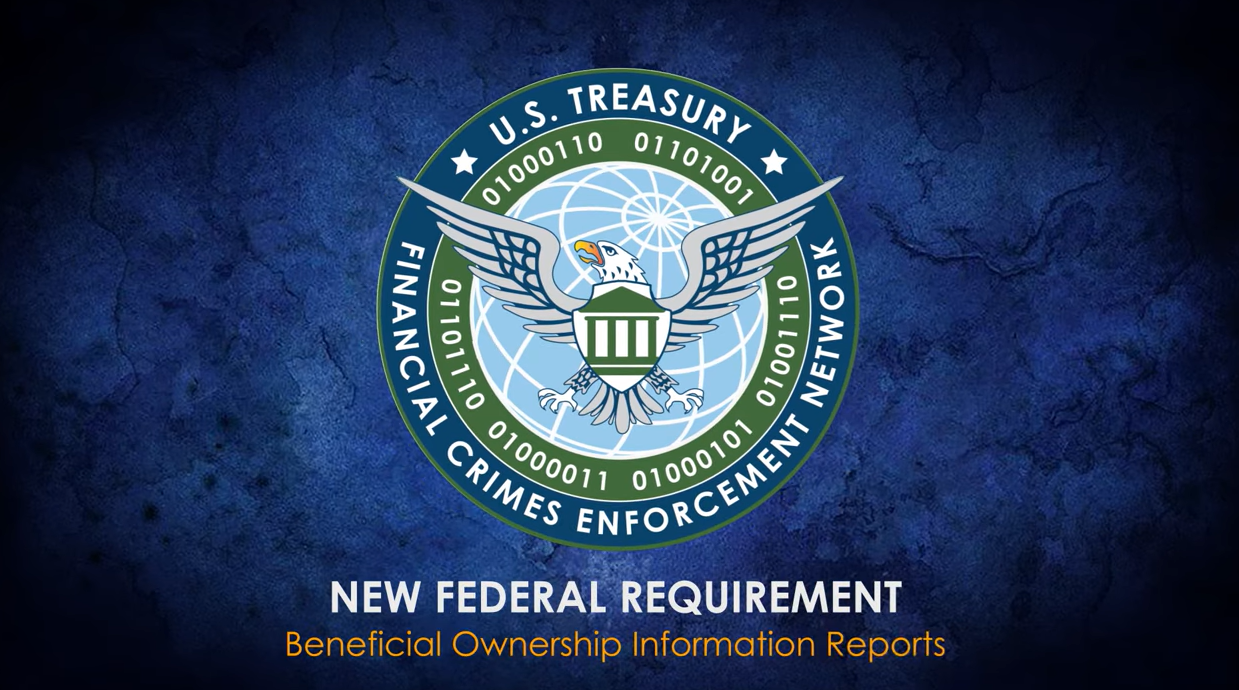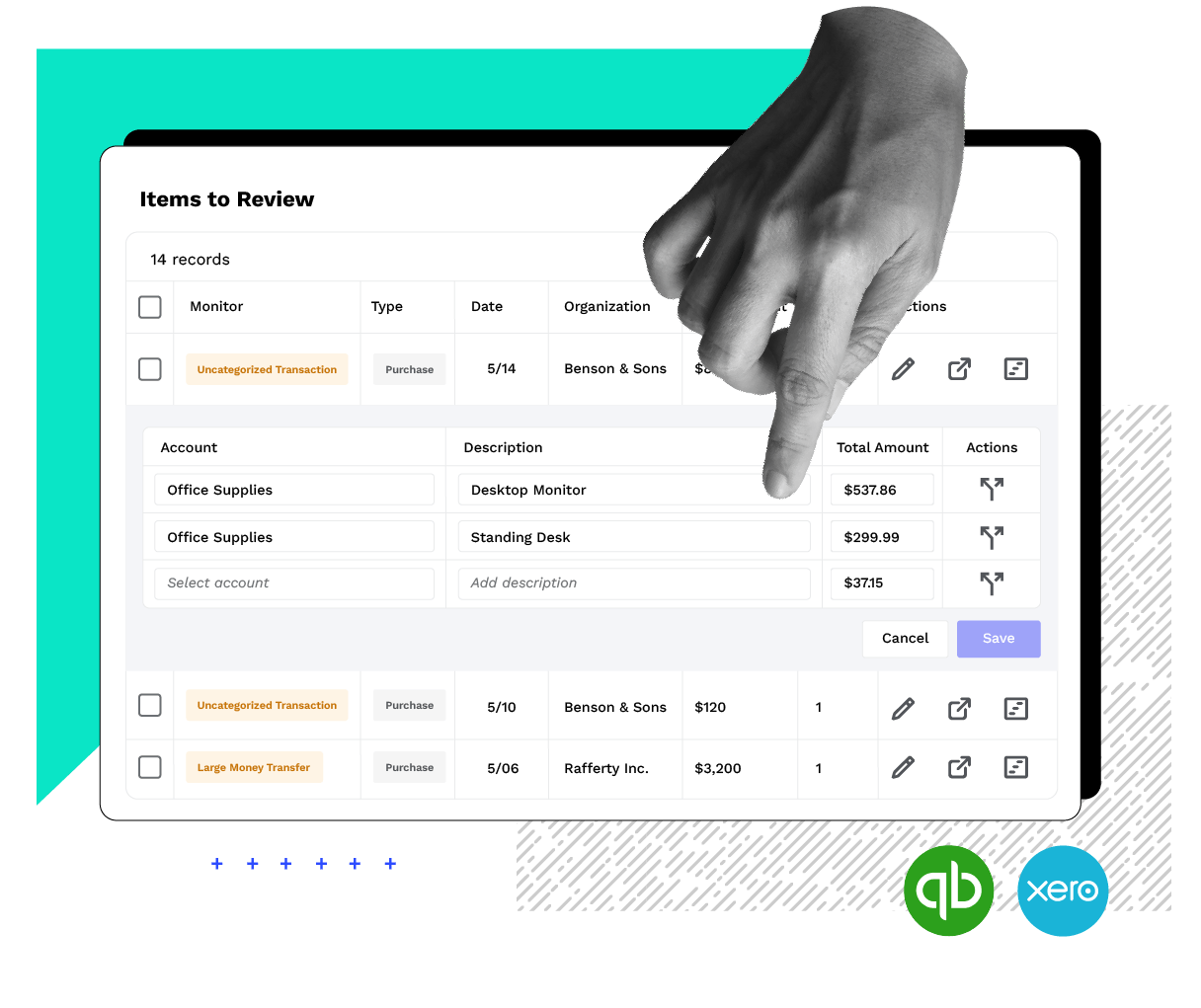The beneficial ownership information reporting roller coaster that has been ongoing for the past two months because of various lawsuits is finally pulling into the station after a federal district court in Texas on Feb. 17 lifted the final nationwide injunction that had put the mandatory small business filings on hold since last December.
In an alert sent by the Treasury Department’s Financial Crimes Enforcement Network (FinCEN) late afternoon on Wednesday, the new BOI filing deadline for reporting companies is March 21. FinCEN enforces BOI requirements under the Corporate Transparency Act, which was signed into law in January 2021.
The following are key takeaways from FinCEN’s alert:
- BOI reporting is reinstated: With no active injunctions, reporting companies must file BOI reports unless further legal or legislative action delays enforcement.
- New compliance deadline is March 21, 2025: For most reporting companies, the new deadline to file an initial, updated, or corrected BOI report is now March 21, 2025.
- Reporting companies that were previously given a reporting deadline later than the March 21, 2025, deadline must file their initial BOI report by that later deadline. For example, if a company’s reporting deadline is in April 2025 because it qualifies for certain disaster relief extensions, it should follow the April deadline, not the March deadline.
- FinCEN may modify reporting rules: FinCEN is evaluating potential exemptions for “low-risk entities” but hasn’t provided details. FinCEN also said it will assess its options to further modify deadlines while prioritizing reporting for those entities that pose the most significant national security risks.
In addition, legislative uncertainty remains, FinCEN said. Although the House of Representatives recently passed a bipartisan bill (HR 736) to extend the BOI reporting deadline to Jan. 1, 2026, the Senate has yet to vote on the legislation.
“There is no guarantee that this extension will become law,” FinCEN said on Feb. 19.
On Monday, a federal district court in the Samantha Smith v. U.S. Department of the Treasury case signed an order lifting the injunction. The Treasury Department and FinCEN then confirmed that they would be providing a 30-day extension for the BOI report filing due date—March 21.
“The plaintiffs in the Samantha Smith case can choose to file an appeal with the Supreme Court; however, given their previous ruling in the Texas Top Cop Shop case, we expect the stay of the injunction to remain and BOI filing to be enforceable by FinCEN,” Melanie Lauridsen, vice president of tax policy and advocacy at the AICPA, wrote on LinkedIn Feb. 18.
The U.S. Supreme Court on Jan. 23 overturned an order from a Texas federal appeals court in December in the case Texas Top Cop Shop v. Garland that had halted mandated BOI report filing. But BOI reporting remained voluntary-only until the district court reviewed the Smith case, which separately challenged the reporting requirements. The district court cited the Supreme Court’s January decision in its ruling to lift the injunction on Monday.
The Corporate Transparency Act is an anti-money laundering law that directs businesses to report their ownership structures to FinCEN, which is overseen by the Treasury Department. The thinking is that clear ownership structures make it more difficult for bad actors to use shell companies for illicit activities like money laundering or drug trafficking.
Every limited liability company, corporation, or other entity that was created by filing a document with a secretary of state or equivalent office must file a BOI report unless it qualifies for one of the Corporate Transparency Act’s exemptions. For example, the 65,000-plus members of the National Small Business Association (NSBA) are exempt because they won a previous lawsuit over the requirement.
A Jan. 1, 2025, deadline had originally been set for reporting companies to file their BOI reports with FinCEN. But FinCEN extended the reporting deadline to Jan. 13 after a federal court of appeals lifted an injunction on Dec. 23 that had halted the new law.
But a few days later, a judge reinstated the nationwide injunction, thus suspending the BOI filing deadline once again.
In early January, the Justice Department filed an emergency request with the U.S. Supreme Court asking that the BOI reporting requirements be resumed.
The following current information will have to be reported about each of the company’s beneficial owners:
- Unique number and issuing jurisdiction from a passport, driver’s license, or state ID, and an image of the document;
- Legal name;
- Birthdate; and
- Residential address.
Civil penalties for reporting violations include fines up to $591 per day for each violation. FinCEN can also charge business owners and senior officers with criminal penalties if they willfully fail to comply with the BOI reporting requirements. Criminal penalties can include up to a $10,000 fine and two years in prison.
Backers of the Corporate Transparency Act and the BOI reporting requirements were pleased by the district court’s decision on Feb. 17.
“With the removal of this final roadblock to enforcement of the Corporate Transparency Act, Treasury is now once again free to continue its full and faithful implementation of the most important anti-money laundering law of the past two decades,” Ian Gary, executive director of the FACT (Financial Accountability & Corporate Transparency) Coalition, said in a statement on Monday. “Today’s order, and the government’s continued strong defense of the CTA, serves as a reminder that cracking down on the money launderers enabling fentanyl trafficking and other crimes cannot wait.”
“As anticipated, the federal court in Texas has allowed the enforcement of this landmark law, in alignment with the Supreme Court’s recent decision,” added Scott Greytak, director of advocacy for Transparency International U.S., in a statement. “Treasury should move swiftly to make sure that this vital national security law is fully enforced, and that America’s law enforcement officials are armed with the tools necessary to cut off the flow of dirty money from transnational criminals into the U.S.”
The National Federation of Independent Business—a strong opponent of the BOI reporting requirements—hasn’t commented publicly yet about the court’s Monday ruling or the new FinCEN reporting deadline.
NSBA President and CEO Todd McCracken released the following statement on Feb. 18, “This latest court action creates even more uncertainty for our members and the millions of small businesses we represent. This burdensome rule could result in well-intending, but justifiably confused, small businesses facing fines up to $591 per day and up to two years of jail time. And while any member of NSBA as of March 1, 2024, is exempt from this rule, NSBA cannot stand by and let this unfair burden ensnare countless other small businesses.
“I cannot stress enough what a major problem this back-and-forth and the massive uncertainty it creates is for the millions of small businesses across this country,” he continued. “Thankfully, the House voted to approve legislation that would delay the CTA and BOI reporting for one year—now we desperately need the Senate to act. NSBA filed the first lawsuit in the nation against the CTA, and we will continue to pursue every legal avenue to overturn this unconstitutional rule. We will push for Congress to do the right thing and see the CTA for what it truly is: a burden of uncertainty and confusion that will do very little to actually stop money laundering.”
Thanks for reading CPA Practice Advisor!
Subscribe Already registered? Log In
Need more information? Read the FAQs





Lynnette M Perkins February 20 2025 at 6:28 am
After the initial filings, how often do we file BOI report?